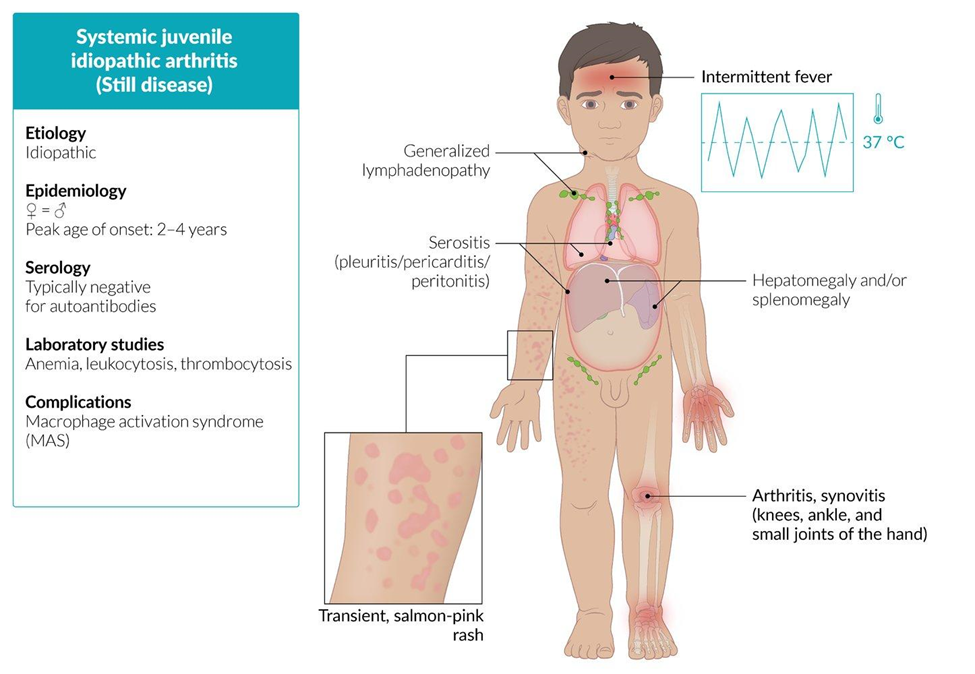A pediatrician has prescribed oxygen as needed for an infant with heart failure. Which situation would likely increase the oxygen demand. requiring the nurse to administer oxygen to the infant?
when a parent is holding the infant
During sleep
When changing the infant's diapers
When drawing blood for electrolyte level testing
The Correct Answer is D
A. When a parent is holding the infant
Explanation: Being held by a parent is generally a comforting and calming experience for an infant, and it is unlikely to significantly increase oxygen demand. In fact, the presence of a familiar caregiver may help reduce stress.
B. During sleep
Explanation: During sleep, an infant's oxygen demand may decrease, and oxygen supplementation may not be necessary unless there are specific indications or concerns about oxygen saturation levels.
C. When changing the infant's diapers
Explanation: Changing a diaper is a routine care activity that is not likely to significantly increase oxygen demand. It is not typically associated with stress or increased metabolic activity that would necessitate additional oxygen.
D. When drawing blood for electrolyte level testing
Explanation:
Drawing blood for electrolyte level testing is a potentially stressful procedure that may cause distress and anxiety in the infant. Stress and anxiety can increase the metabolic rate and oxygen demand. In a situation where an infant is already prescribed oxygen as needed for heart failure, additional stressors like blood drawing may necessitate the administration of oxygen to ensure an adequate oxygen supply
Nursing Test Bank
Naxlex Comprehensive Predictor Exams
Related Questions
Correct Answer is A
Explanation
A. Administer prednisone on an alternate-day schedule.
Explanation: Prednisone, a corticosteroid, is often prescribed to manage inflammation and symptoms in juvenile idiopathic arthritis. An alternate-day schedule helps minimize the risk of side effects associated with prolonged corticosteroid use.
B. Apply cool compresses for 20 minutes every hour.
Incorrect: While cool compresses can provide relief for joint pain associated with arthritis, applying them every hour may be excessive and is not a standard recommendation. It's important to use cooling measures judiciously.
C. Encourage the child to take a 45-minute nap daily.
Incorrect: While adequate rest is important for overall health, suggesting a specific duration for a nap may not be universally applicable. The child's need for rest and sleep should be based on individual factors, and a specific time frame is not a standard recommendation for juvenile idiopathic arthritis.
D. Allow the child to stay at home on days when her joints are painful.
Incorrect: While it's important to consider the child's comfort and well-being, keeping the child at home solely on days of joint pain may not be necessary. The goal is to manage symptoms effectively to allow participation in normal daily activities, including school. Restricting activities solely based on joint pain is not the typical approach to managing juvenile idiopathic arthritis.

Correct Answer is D
Explanation
A. 1 cup cooked rice: This exceeds the 1 oz serving size and is more than what the nurse is recommending.
B. Flour tortilla: The size of a flour tortilla can vary, but it often exceeds the 1 oz serving size, so it may provide more than the recommended amount.
C. 1 cup ready-to-eat cereal flakes: The volume of cereal can vary, and 1 cup of cereal may provide more than 1 oz of grains, depending on the type and density of the cereal.
D. 1 slice whole wheat bread: A standard slice of whole wheat bread typically provides around 1 oz of grains, making it an appropriate choice for the recommended serving size.
Whether you are a student looking to ace your exams or a practicing nurse seeking to enhance your expertise , our nursing education contents will empower you with the confidence and competence to make a difference in the lives of patients and become a respected leader in the healthcare field.
Visit Naxlex, invest in your future and unlock endless possibilities with our unparalleled nursing education contents today
Report Wrong Answer on the Current Question
Do you disagree with the answer? If yes, what is your expected answer? Explain.
Kindly be descriptive with the issue you are facing.
